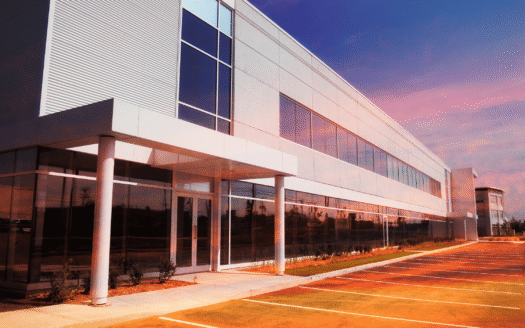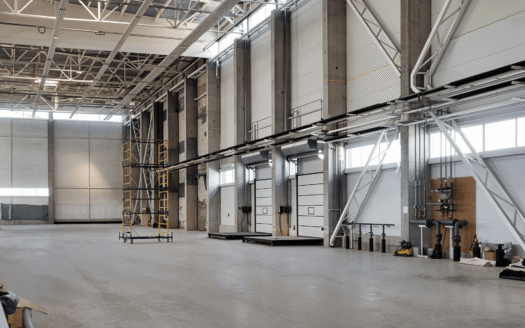What to Budget For After Purchasing a Commercial Property: Insurance, Representation and Ongoing Costs
After settlement, commercial property budgeting becomes essential. Whether you’re a hands-on landlord or a passive investor, understanding your post-purchase responsibilities helps protect your asset and ensures compliance under Victorian legislation. This article offers general guidance only and is not financial, legal, or insurance advice—always seek professional guidance tailored to your circumstances.
This article provides general information only and does not constitute legal, financial, or tax advice. Always consult your accountant, solicitor or financial advisor for guidance specific to your situation.
Commercial Property Insurance: A Non-Negotiable
Protecting your asset with the right commercial property insurance is a cornerstone of effective commercial property budgeting. This insurance typically covers the building structure and can include:
Fire, flood, and storm damage
Vandalism and malicious damage
Public liability (if you’re the owner or occupier)
Loss of rent (if the property becomes uninhabitable)
In Victoria, landlords of tenanted properties may need to meet specific insurance obligations under the lease agreement. This could include providing proof of building and liability coverage, particularly for retail or office leases governed by the Retail Leases Act 2003 (Vic).
Should You Use a Commercial Property Buyers Agent?
A commercial property buyers agent represents the purchaser, sourcing properties, conducting due diligence, and often negotiating terms on your behalf. Engaging an agent can be crucial if:
You’re a first-time investor in commercial property
You’re buying interstate or cannot attend inspections
You’re seeking off-market or development opportunities
You want professional analysis on rental yields and capital growth
In Victoria, all agents must be licensed under the Estate Agents Act 1980 (Vic). Membership with the Real Estate Institute of Victoria (REIV) is a mark of professional standard and continuing education.
Ongoing Costs and Responsibilities
Ownership of commercial property includes several recurring financial and compliance obligations, making commercial property budgeting crucial:
Maintenance & Repairs: Depending on the lease, some or all costs may fall to the owner.
Outgoings: Council rates, water rates, insurance, land tax, and body corporate fees may apply, sometimes recoverable from tenants depending on lease terms.
Property Management: Hiring a manager to oversee rent collection, maintenance, and tenant relationships is common, particularly for multi-tenanted properties.
Loan Repayments: Your commercial property loan structure affects cash flow. Interest-only terms may revert to principal and interest, so budgeting for the full loan life is essential.
Compliance Checks: Fire safety and essential safety measures must be maintained and documented according to the Building Act 1993 (Vic).
Effective commercial property budgeting is key to protecting your investment and maximising returns. By planning for insurance, buyers agent services, and ongoing costs, investors can confidently navigate the responsibilities of property ownership in Victoria.
Looking for professional guidance? CPN Commercial Group connects you with trusted experts in insurance, lending, and property management to help you manage every aspect of commercial property ownership.








